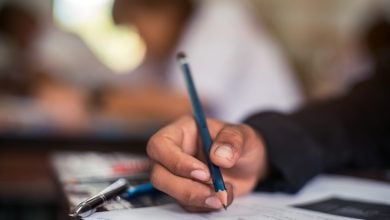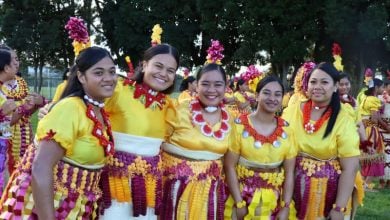Schools are vital for disaster response and they need more support, says report
Hawkes Bay schools coordinated vital disaster response for Cyclone Gabrielle though they were ill-equipped to do so.

Educators and schools are consistently at the forefront of disaster response, yet they are not resourced or equipped for the role, says a new report from union NZEI Te Riu Roa written by the University of Auckland’s Professor Carol Mutch.
The report, titled We Are Still Here, focuses on the Hawkes Bay community who continue to deal with the fall-out of Cyclone Gabrielle.
Its six recommendations are drawn from interviews with the affected communities in Hawkes Bay, as well as existing bodies of research on schools as community centres during disaster events.
Read the latest print edition of School News HERE
These recommendations included formal recognition of schools and ECE centres as disaster response hubs, and a call for appropriate resourcing.
Existing research has established that kura and ECE centres become community hubs during disaster events such as Cyclone Gabrielle and the Canterbury earthquakes. The report states that “schools will often become a focal point for local disaster responses,” whether through a meeting location for the community, emergency shelter points or as storage locations. Mutch found that Principals become “crisis managers” during disasters, and kaiako and educators’ workloads increase dramatically as they take on multiple roles.
“Schools will often play this role by default,” states the report. “This needs to be accompanied by suitable resourcing and professional development.”
Interviewees noted that schools and ECE centres were not equipped with the necessary equipment to adequately perform their role as first responders to disaster events. There was no satellite internet connection or electricity generators at most schools, which slowed reopening. Satellite connections at schools were also noted to be “critical lifelines” for communities without power.
Mutch also recommended the Ministry of Education to extend additional staffing allowances for the region for at least another year, as primary schools continue to provide educational support and pastoral care for traumatised students.
Principals also called for ongoing mental health support for students and staff. As the report notes, schools are also involved in long-term disaster responses, as they become sites to unpack trauma and process the event after the immediate danger has passed.
One principal describes how the demand for counselling services rose sharply from six to 22 children in their school. However, there is only one counsellor who is available one afternoon a week, as they are shared across eight schools as part of their Kāhui Ako.
“No one approached me about wellbeing. No one approached me about counselling for the kids… we were able to access that [counselling] but only after I started jumping up and down.. We have to kind of yell and scream and kick,” said another Principal.









